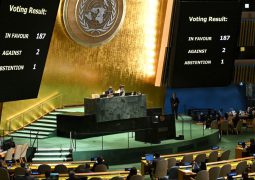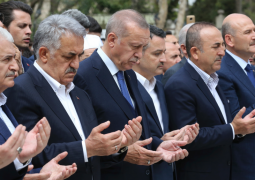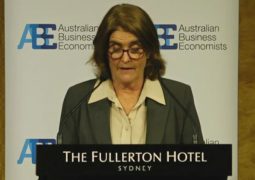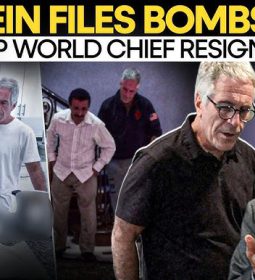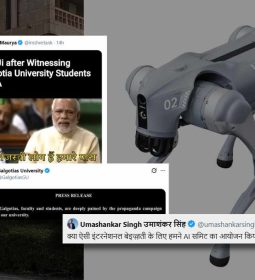China Gloats as Trump Squanders U.S. Soft Power Beijing sees ideological shift in Washington as something of a godsend
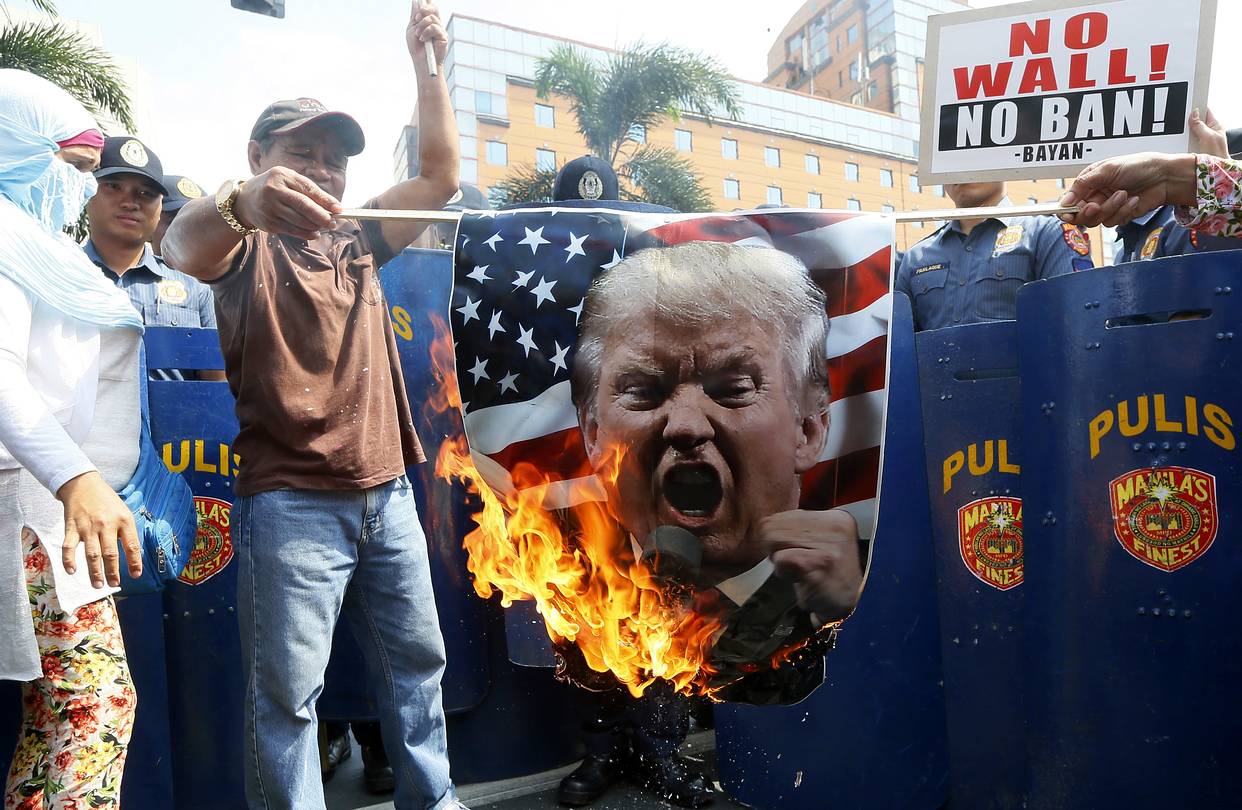
China is often excoriated in the West for its harsh treatment of the media: It ranks almost at the bottom of the World Press Freedom Index, a notch above Syria.
So, to Chinese propagandists, the widely criticized White House move was a cause for glee—and another example of Donald Trump playing into China’s hands.
For almost seven decades, the U.S. has championed a liberal order in the Asia-Pacific—free trade, open borders and open societies. The system has scored some of its greatest triumphs in the region; from South Korea to Indonesia, growing prosperity begat democracy that, in turn, helped to secure an enduring peace.
Today, America’s ideological shift, part of a populist backlash to globalization, threatens to undermine Washington’s position in a region it transformed.
To the extent that the Trump White House closes the country’s borders to immigrants, raises the specter of trade tariffs or impedes the operations of a free press—even when those restrictions have no equivalence in the repression that Chinese journalists suffer—it creates an opportunity for Beijing.
This is a soft-power battle. For China, the prize is greater influence—in time, pre-eminence—in Asia, and Mr. Trump is a godsend.
Increasingly, the image makers around Chinese President Xi Jinping are defining him in contrast to his U.S. counterpart: an optimist where Mr. Trump takes a dark view of the U.S. and its place in the world; an internationalist to his “America First” nationalism.
Mr. Xi speaks of an Asian “community of common destiny,” and he backs the slogan with generous infusions of cash.
His signature project, worth hundreds of billions of dollars, is to provide trading infrastructure across the Eurasian landmass, as well as maritime routes to Europe—ports, energy pipelines, electricity grids and telecommunications networks.
China is building connectivity with its neighbors; Mr. Trump wants to erect a Mexican border wall.
The Nation, a Thai newspaper, said the White House attempt to restrict immigration from seven mainly-Muslim countries heralded “an era of unprecedented, globe-sweeping intolerance,” with potential consequences for Southeast Asia, a region that encompasses Indonesia and Malaysia, two Muslim-majority nations.
A sharply worded editorial in the paper warned that the new U.S. president would “make America ugly again.”
Apart from Japan, which feels most threatened by China’s rise and has gone all out to court the new White House, the most enthusiastic support has come from the region’s authoritarians, who calculate that Mr. Trump won’t push democracy or lecture them about media freedoms and other civil liberties.
Cambodian strongman Hun Sen this week invoked the White House press restriction in arguing for a tougher line against media “anarchy,” and suggested the move should silence his own critics. “They do not condemn Trump as a dictator. Ah! Or is it true, the United States has a dictator? Please make clear on this,” the Phnom Penh Post quoted him as saying in a speech to mark National Clean City Day.
In much of the rest of Asia, the notion of American exceptionalism is fraying.
Even before Mr. Trump took office, U.S. friends and allies were playing Washington against Beijing, extracting what they could from both sides while trying to avoid getting entangled in their strategic rivalry.
The prime exponent of this diplomacy is Philippine President Rodrigo Duterte, who in the final months of the Obama presidency solemnly declared, on a visit to Beijing, that it was time to “say goodbye” to America. He was promptly rewarded with promises of Chinese loans and investment worth $24 billion.
In reality, says Chito Sta. Romana, Manila’s incoming ambassador to Beijing, the Philippine president doesn’t intend to cast aside his country’s main security backer. Rather, he is trying to navigate between the two great powers to “maximize gains.”
For Washington, rather than a sudden parting of the ways, this could become a drawn-out estrangement.
So far, no other country has shifted as dramatically toward China as the Philippines. But America’s Asian partners are growing more distant as they weigh the benefits of security cooperation with the U.S. against the economic advantages that flow from China.
Thailand is drifting away. So is Malaysia. South Korea, home to some 28,500 U.S. troops, agonizes over whether it can afford to offend China by installing a U.S. missile-defense system against North Korea that Beijing sees a threat to its own security.
In Australia, Mr. Trump’s tetchy phone call with Prime Minister Malcolm Turnbull has intensified a debate over how to strike a balance between loyalty to the U.S. and commitment to a Chinese trading partner that takes the lion’s share of its iron-ore exports, while filling its universities with fee-paying students.
Gradually, China is finding itself in a position to fill a vacuum in its neighborhood as American traditional values recede.
Geoff Raby, a former Australian ambassador to Beijing, argues that Mr. Trump is tipping the regional balance further in China’s favor. Mr. Xi, he says, “is like the cat that’s got the cream.”
- Previous Mongolia, Taiwan broaden support for blind
- Next Uzbekistan plans to build new oil refinery with participation of Turkey



